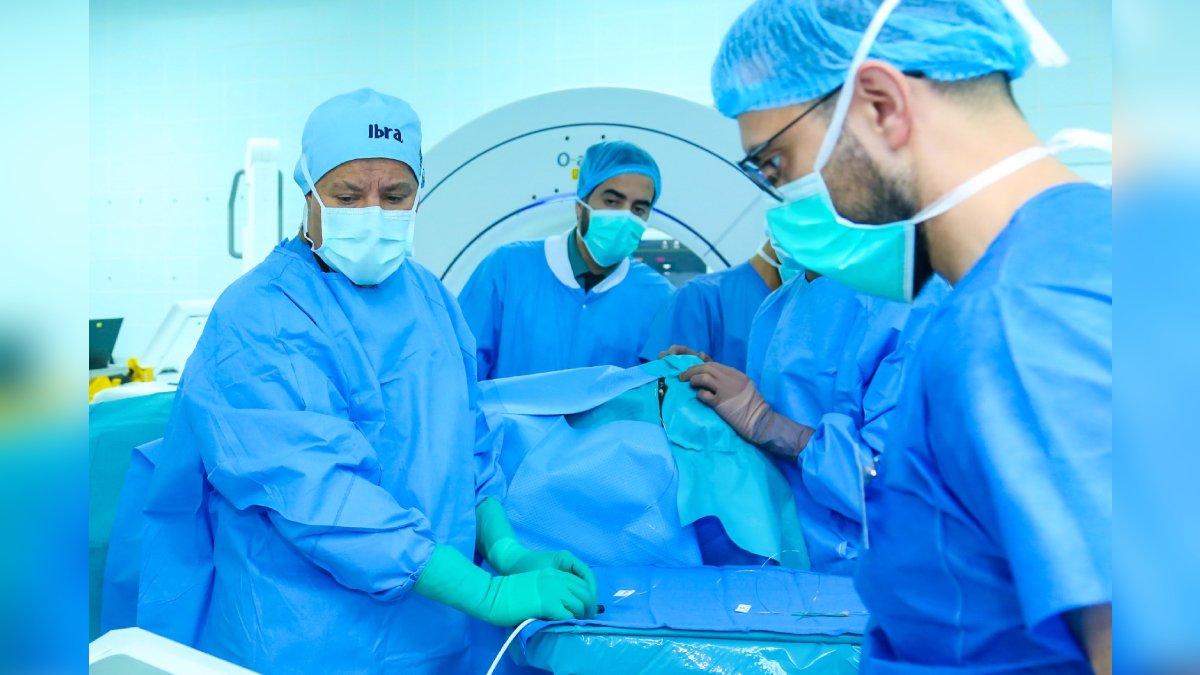King Faisal Specialist Hospital & Research Centre (KFSHRC) has set a new medical benchmark in the Middle East by successfully eliminating a drug-resistant epileptic focus without the need for traditional brain surgery. Using a minimally invasive thermal radiofrequency ablation procedure paired with electroencephalography (EEG), KFSHRC’s Neurosciences Center was able to target and eliminate the seizure-causing area of the brain, providing patients with significant relief from persistent epileptic episodes.
Dr. Ibrahim Althubaiti, a consultant neurosurgeon at KFSHRC, led the procedure, which involves using a fine needle to deliver controlled thermal energy directly to the problematic brain cells, effectively destroying them and reducing seizure occurrences. This innovative technique circumvents the need for open-brain surgery, minimizing associated risks and significantly shortening recovery time.
Recurrent seizures from drug-resistant epilepsy can disrupt a patient’s daily life, affecting work, education, and social interactions, as well as posing physical risks due to sudden loss of motor control. This advanced procedure offers new hope, especially for those experiencing frequent seizures, as it lessens the burden of hospital visits and healthcare costs.
The Neurosciences Center at KFSHRC has a track record of pioneering treatments, including performing the world’s youngest epileptogenic lobe separation on a 14-day-old infant. Known for its high surgical volume and complexity, the center’s expertise serves a diverse patient base from Saudi Arabia and abroad.
KFSHRC has received international acclaim, securing the top position in the Middle East and Africa and 20th globally on Brand Finance’s list of the world’s top academic medical centers for the second year in a row. The hospital is also celebrated as the most valuable healthcare brand in the region and recognized by Newsweek among the world’s best hospitals in 2024 and as the “World’s Best Smart Hospital” in 2025.





